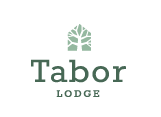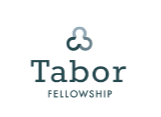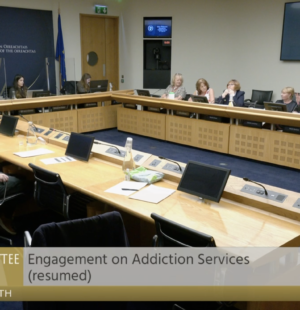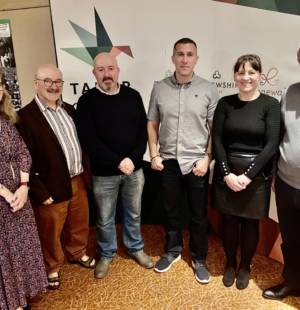Intervention – What can you do?
Intervention, are you concerned about a loved one’s alcohol, drug use food or gambling? It’s challenging to help a loved one struggling with any type of addiction. When it comes to addiction, the person with the problem often struggles to see it and acknowledge it. A more focused approach is often needed. You may need to join forces with others and take action through a intervention.
Examples of addictions that may warrant an intervention include:
- Alcoholism
- Prescription drug abuse
- Street drug abuse
- Compulsive eating
- Compulsive gambling
People who struggle with addiction are often in denial about their situation and unwilling to seek treatment. They may not recognize the negative effects their behavior has on themselves and others. An intervention presents your loved one with an opportunity to make changes before things get even worse and can motivate someone to seek or accept help.
What is an intervention
An intervention is a carefully planned process that may be done by family and friends, in consultation with a doctor or professional addiction counselor. It can sometimes involve co-workers, clergy members or others who care about the person struggling with addiction. During the intervention, these people gather together to confront the person about the consequences of addiction and ask him or her to accept treatment.
Here are some useful tips to bear in mind.
- Plan the intervention and be clear about your intention – e.g. I need to speak to you, is now a good time?
- Know what it is that you are going to say.
- Be specific – Talk about the current problem or issue, no racking up issues from long ago, stay on track.
- Speak personally – Express your thoughts, feelings and concerns as your own. Use “I” statements, e.g. I am feeling annoyed/worried/angry/upset….
- Acknowledge your own responsibilities – e.g. I know I was impatient earlier….
- Stay calm and reasonable – Use your breath to help you remain calm, speak from a position of “I”.
- Present clear reasonable solutions – State your commitment to help and support the person in solving the issue at hand. Research the different supports available and provide the person with information around these supports.
- Listen to their views and encourage them to share – Show your appreciation for their cooperation.
- The person may not yet be ready to accept help and support around their addiction. Acknowledge and reassure yourself that you have done what you can, the next move is now up to them.
- Seek help and support for yourself regardless of their decision.
Get Help at Tabor Group
If you or a loved one are suffering from an addiction, get help today. We can help you recover in a healthy, friendly environment and beat your addiction. Don’t hesitate to contact one of our counselors today for information at +353 (21) 488 7110 or email us at Email Us .We can help you.
Click here to learn more about our 28 day residential programme
Blog by: Kay O’Shaughnessy, Family Programme Coordinator Tabor Group
Recent Posts
- Statement from Colette Kelleher, CEO Tabor Group
- The Influence of Alcohol on Women in the Workplace
- How do I know if my loved one has a drinking problem?
- Understanding the Impact of Alcohol on Our Bodies and Well-Being
- Men and the Stigma of Addiction
Categories
Archives
- January 2024
- December 2023
- August 2023
- July 2023
- May 2023
- April 2023
- March 2023
- January 2023
- October 2022
- September 2022
- August 2022
- July 2022
- June 2022
- May 2022
- April 2022
- March 2022
- February 2022
- January 2022
- December 2021
- November 2021
- October 2021
- September 2021
- August 2021
- July 2021
- June 2021
- May 2021
- April 2021
- March 2021
- February 2021
- January 2021
- December 2020
- November 2020
- October 2020
- September 2020
- August 2020
- July 2020
- June 2020
- May 2020
- April 2020
- March 2020
- February 2020
- January 2020
- December 2019
- November 2019
- October 2019
- September 2019
- August 2019
- July 2019
- June 2019
- May 2019
- April 2019
- March 2019
- February 2019
- January 2019
- December 2018
- November 2018
- October 2018
- September 2018
- August 2018
- July 2018
- June 2018
- May 2018
- April 2018
- March 2018
- February 2018
- January 2018
- December 2017
- November 2017
- October 2017
- September 2017
- August 2017
- July 2017
- June 2017
- May 2017
- April 2017
- March 2017
- February 2017
- January 2017
- December 2016
- November 2016
- October 2016
- September 2016
- August 2016
- July 2016
- April 2016
- March 2016
- December 2015
- March 2015












